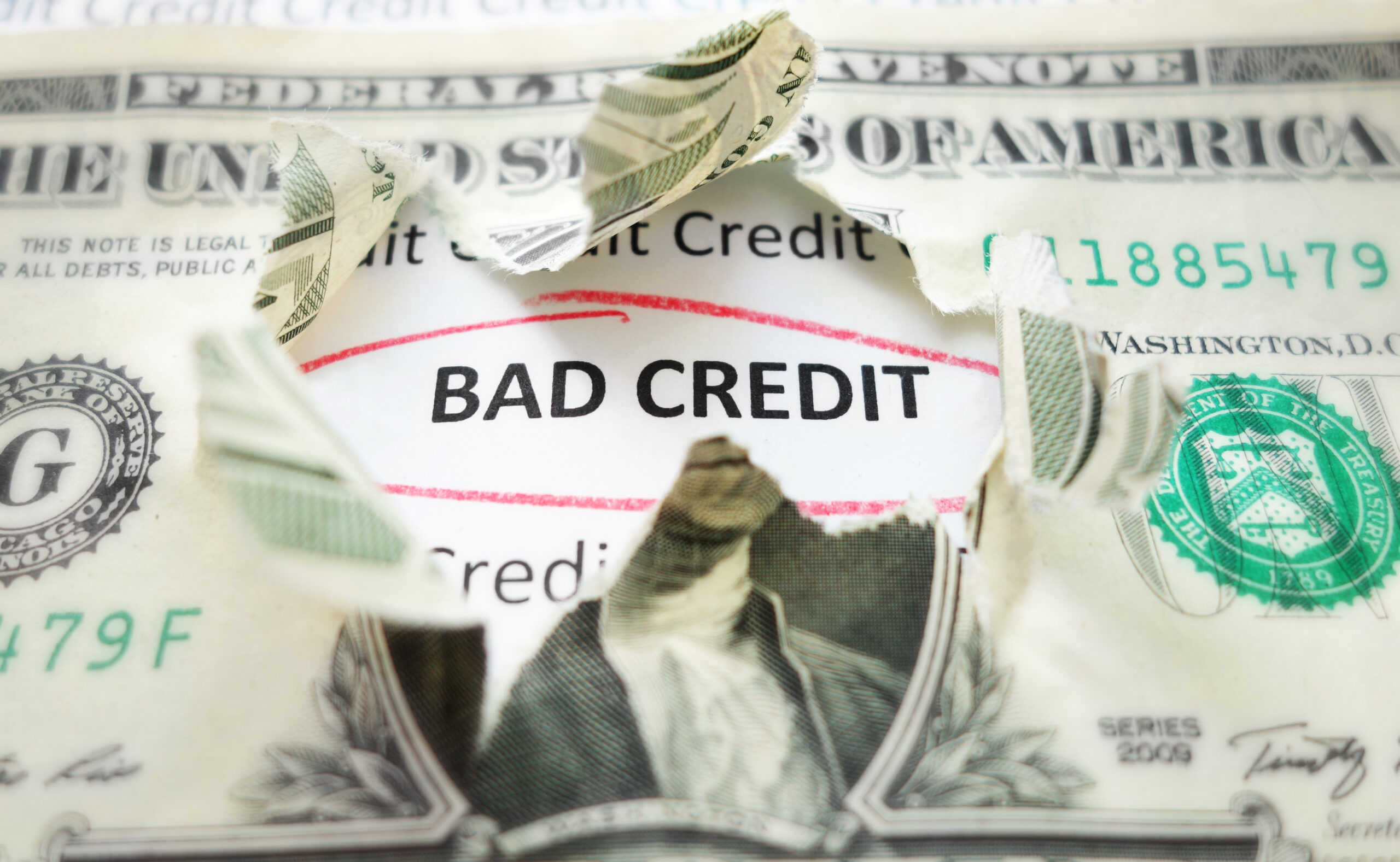Debt under the wrong circumstances can be critical to your finances and make your life much harder. While getting out of debt may require painstaking measures, avoiding debt altogether merely needs discipline and the right strategies.
Although some people recommend debt as financial leverage to take advantage of, this is not always a prerequisite for success. Some have achieved success by steering clear of debt altogether.
Before we discuss the best ways to avoid debt, let’s first tackle the reality of why debt is so dangerous.
The Dangers of Debt
The whole concept of debt is borrowing something with a catch or interest in return. Bad debt happens when you borrow money, spend it on something, and cannot pay back the borrowed sum plus interest.
Some people fall into the fallacy that they are impenetrable even by debt. The truth is debt can be more dangerous than many people realize.
Debt is risky
Debt in itself is risky, especially since it can come with collateral. Say you take out a loan for your business and put your house as collateral; if everything fails, you’ll lose your house.
The best advice would be to only go into debt if you need it and if the debt is more beneficial within the situation. Otherwise, you would just be opening yourself up to more risk.
Tricky terms
A few people often fall for small numbers like a 1% interest and don’t consider the terms they are entering into. Say you borrowed $100,000 at a 1% monthly interest for two years. Did you know you would pay around $112,000 at the end of the year? That’s a 12% annual interest!
Things will worsen if you get a compound interest loan that charges interest for the length of your total loan—meaning the total amount of interest is always increasing..
Over leveraging
Debt, when not managed properly, is like quicksand; the more you try to get out of it, the deeper it gets. When someone takes out loans to pay out their debt and even more loans to pay out that previous debt, the ditch is only getting deeper and deeper.
Although the original loan might be paid off sooner, you will be digging a hole deeper as the interest rates stack up on each other. Remember, interest paid is money you lose.
How to Avoid Debt
There are three important strategies to follow to help you avoid debt. Here they are.
Create a Budget
Creating a budget doesn’t mean stripping your life of the activities you enjoy. It just means giving a fair allocation to different spending based on importance.
The key to a good budget is to include both your needs and wants:
- Needs: This fund includes all your basic necessities, including things that help you advance in your career or personal life.
- Wants: This allocation goes strictly towards things that make you happy, like going out with friends, having a hobby, or anything else.
Having a basic allocation for your wants allows you to reinforce your basic necessities without feeling like you’ve cut away too much from your life. To effectively create your budget, start with your needs and only use a fraction of what’s left for your wants.
Have an Emergency Fund
An emergency fund can be categorized under needs, or it can be a completely different allocation. Your emergency fund’s purpose is to support you in the worst-case scenario, like losing your job or something bad.
Although no one wants the worst to happen to them, it is better to be safe than sorry. The ideal emergency fund should be enough to support your lifestyle for 12 months.
If 12 months seems like a long way off, you can slowly start setting aside an amount per month and work your way from having a month worth of emergency funds to six months and so on.
Aside from having a 12-month emergency fund, having a little extra for potential medical bills on top of insurance could also be very useful. This type of fund, however, depends entirely on your discretion.
Track Your Expenses
The most effective way to get your wealth bucket filled faster is to eliminate small leaks that may be lying around. Not many people track expenses, but this is a great way to avoid being in the red.
The discipline of tracking your expenses helps you know exactly how much you are spending on certain things. You could be spending too much on your wants and could cut back to speed up your emergency fund targets.
Tracking your expenses is that it lets you adjust your budgeting. This also allows you to anticipate expenses better to ensure you are never short for your dues or have to result in debt.
What are Other Alternatives to Debt?
Debt isn’t the only way to get what you need. There are also other ways to source money without needing to result in debt.
Get a Part-Time or Sideline
You can either start a small business on the side or get a part-time job to help you save money faster. It’s important, however, not to give into lifestyle inflation and to make sure you do not spend more as you start to earn more.
Source Out Capital
If you are going into business and can’t afford to take out a risky loan, another way to pursue it is to look for an investor willing to invest in your vision. Although this might not always be feasible, if your business plan is really solid, this would increase your chances of finding an investor.
Look for Discounts
Finding cheaper alternatives could be a great way to avoid debt altogether. Say you want a new couch, but it costs $5,000. Why not try looking for a cheaper alternative or, even better, a good quality second-hand couch that sells for only $500? Better yet, find someone who will repair that couch for another $1,000, making it feel brand new!
The Bottom Line
Taking the aggressive approach to building wealth is admirable, but what good would it be if you lost it all to debt? Follow the tips above to minimize unnecessary risk by avoiding debt.









